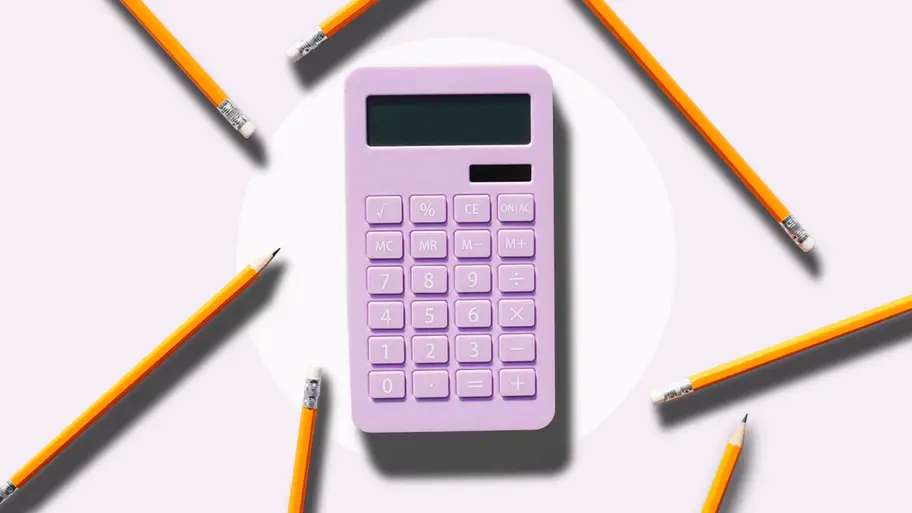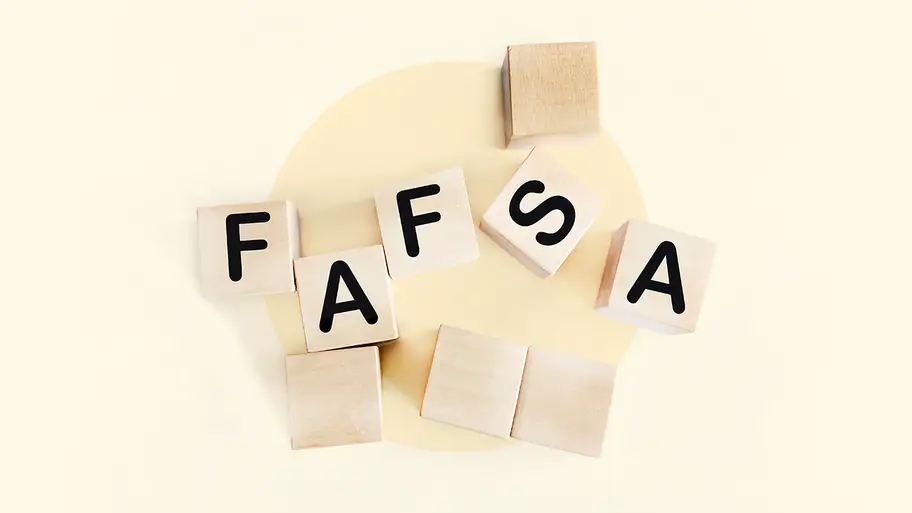Navigating the world of higher education can be overwhelming, especially when it comes to financing your dreams. With tuition fees on the rise, understanding the types of student loans available is crucial for every prospective college student. Whether you're looking at federal options or exploring private lenders, each choice has its own benefits and challenges. This guide will help you make sense of your options so you can choose the right type of student loan that fits your needs and future goals. Let’s dive in!
Exploring the Different Types of Student Loans: Which One is Right for You?
Choosing the right type of student loan can feel daunting, but it doesn't have to be. Understanding your options is the first step toward empowering your education journey.
Federal and private loans each come with unique features. Federal loans often offer lower interest rates and flexible repayment plans, while private loans may provide larger amounts based on creditworthiness. Assessing your financial situation will help you determine which path aligns best with your goals.
Student Loan Options
When it comes to financing your education, understanding student loan options is crucial. You can choose between federal and private loans, each with unique features.
Federal loans often offer lower interest rates and more flexible repayment plans. Private loans may have higher rates but could provide larger amounts based on creditworthiness. Evaluating these options carefully helps you make an informed decision that aligns with your financial situation and educational goals.
Types of Federal Student Loans
Federal student loans come in several forms, each designed to meet different needs. The most common are Direct Subsidized Loans, which offer interest benefits while you’re in school, and Direct Unsubsidized Loans that accumulate interest immediately.
For graduate students or parents of undergraduates, there’s the Grad PLUS Loan and Parent PLUS Loan. These options provide additional funding but may have higher interest rates. Understanding these types helps you select the best fit for your financial situation during college.
Types of Private Student Loans
Private student loans come from banks, credit unions, and other financial institutions. These loans can vary significantly in terms of interest rates, fees, and repayment options. Unlike federal loans, they often require a credit check.
Eligibility for private loans usually depends on your credit history or that of a co-signer. Many lenders offer flexible loan amounts tailored to meet your educational expenses. It's essential to compare different lenders to find the best deal for your needs.
Application Process
Applying for student loans can feel overwhelming. Understanding the application process is key to easing your mind.
For federal student loans, you'll start by completing the Free Application for Federal Student Aid (FAFSA). This form collects necessary financial information and determines your eligibility for various types of aid. For private loans, you’ll need to research lenders and gather documentation about your finances, credit history, and school enrollment. Each lender may have specific requirements that you should be prepared to meet.
How to Apply for a Federal Student Loan
To apply for a federal student loan, start by completing the Free Application for Federal Student Aid (FAFSA). This form determines your eligibility for financial aid and can be filled out online. Gather necessary documents like tax returns and social security numbers to speed up the process.
Once submitted, your school will evaluate your application and send you a financial aid offer. Review it carefully to understand what loans you're eligible for before making decisions about borrowing.
How to Apply for a Private Student Loan
Applying for a private student loan involves several key steps. First, research lenders to find the best interest rates and terms that fit your financial situation. Gather necessary documentation like proof of income, credit history, and school enrollment details.
Once you’ve selected a lender, fill out their application form online or in person. Be prepared for a credit check; some lenders may require a co-signer if your credit isn’t strong enough. Review all terms carefully before submitting your application.
Acceptance and Borrowing
Once you’ve received your student loan approval, the next step is acceptance. This typically involves signing a promissory note that outlines the terms of your loan. Be sure to read this document carefully; it’s crucial to understand your borrowing responsibilities.
After accepting the loan, funds are usually disbursed directly to your school. These funds may cover tuition and fees first, with any remaining amount going towards other educational expenses like books or living costs.
How to Accept Your Federal or Private Student Loan
After receiving your federal or private student loan offer, the next step is acceptance. For federal loans, log in to your FAFSA account and follow the instructions provided by your school. Typically, you'll need to confirm the amount you wish to borrow.
For private loans, check with your lender for their specific acceptance process. This usually involves signing a promissory note online or submitting additional documentation. Make sure to read all terms carefully before accepting any funds offered.
Borrowing Responsibly
Borrowing responsibly is essential for your financial future. Before taking on debt, assess your budget and determine how much you can afford to repay monthly. Consider the total cost of your education and potential earnings after graduation.
Also, be mindful of interest rates and repayment terms. Choose loans that align with your career goals while minimizing debt. Remember, not all student loans are created equal; opt for options that offer flexibility and manageable payments to ease long-term financial pressure.
Tips for Responsible Borrowing for College
Before borrowing, assess your true needs. Calculate how much money you require for tuition, books, and living expenses. Avoid taking out more than necessary to minimize debt.
Create a budget to track spending while in school. This helps ensure you live within your means and avoid accumulating unnecessary loans. Remember, every dollar borrowed has to be repaid with interest later on—so choose wisely. Prioritize education-related costs over lifestyle expenses when considering how much to borrow.
Repayment
Repaying student loans can feel daunting, but understanding your options makes a difference. Federal loans often offer flexible repayment plans based on income, which can ease the financial burden as you start your career.
Private loans may lack those benefits, so it’s crucial to review terms before borrowing. Many lenders provide various repayment schedules or deferment options. Knowing what to expect helps you plan effectively and avoid defaulting on your obligations.
Repaying Federal and Private Student Loans
Repaying federal student loans typically offers more flexibility. Borrowers can choose from various repayment plans, including income-driven options that adjust payments based on earnings. This means you have a safety net if your financial situation changes.
Private student loan repayment is often less forgiving. Most lenders require fixed monthly payments without the same variety of plans as federal loans. It’s essential to review your private loan terms carefully and consider refinancing options if you're struggling with higher interest rates or strict payment schedules.
FAQ on Student Loan Options
When considering types of student loans, it's essential to gather all the necessary information. Here are some frequently asked questions that can help you make informed decisions.
1.What are federal student loans?
These are government-funded loans with lower interest rates and flexible repayment options. They often come with benefits like income-driven repayment plans.
2.Are private student loans better than federal ones?
It depends on your situation. Private loans may offer higher amounts but typically lack borrower protections found in federal options.
3.Can I consolidate my student loans?
Yes, both federal and private loans can be consolidated into one loan for easier management.
4.How do I know which loan is best for me?
Assess your financial needs, research the terms offered by different lenders, and consider your career path after graduation.
Be sure to explore all avenues before deciding on a type of student loan that fits your educational journey.








.png)

 English (CA) ·
English (CA) ·  English (US) ·
English (US) ·  Spanish (MX) ·
Spanish (MX) ·